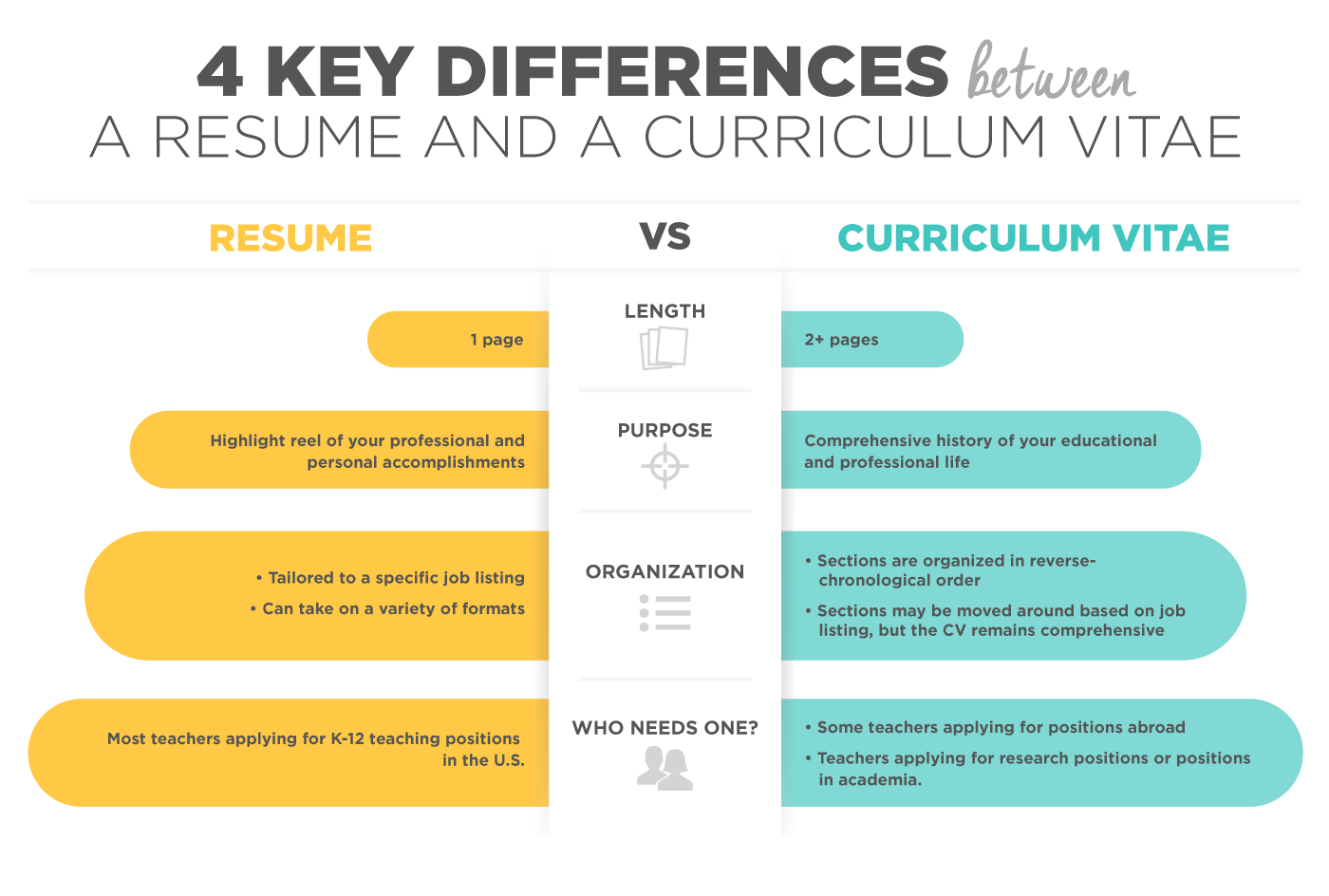A mock interview session was conducted at ‘Wabs talk’. Students were seen coming with their resume and CV.When it was asked, why did they carry a CV instead of resume, they were left answer less and confused.Difference Between ‘CV’ and ‘Resume’
Since ages we have been using them interchangeably even though they carry a notable difference.
The following article will sensitize us with the difference.
What is a CV?
CV (abbreviation for the Latin word curriculum vitae, or “course of life”) is a detailed document sharing not only your career history but also your education, awards, special honors, grants or scholarships, research or academic projects, and publications.
A CV may also include professional references, coursework, fieldwork, descriptions of research projects or dissertations, hobbies and interests and a personal profile that lists your skills and positive attributes.
Generally, a CV is chronological and starts with your educational experience.
Here is a list of potential things you can include on an academic CV:
1. Contact Information + Brief Biography
2. Areas of Academic Interest
3. Education + Qualifications
4.Employment History + Achievements and Responsibilities
5.Professional Development Courses + Training
6.Teaching Experience
7.Research Experience + Lab Experience 8.Graduate Fieldwork
9.A List of Skills + Technical, Computer, and Language Skills
10.Professional Licenses and Certifications
11.Scholarships, Grants, Fellowships, and Assistantships
12.Study Abroad and International Experiences
13.Descriptions of Theses and Dissertations 14.Bibliography + Publications
15.Presentations,Lectures, and Other Public Speaking Engagements
16.Exhibitions
17.Awards and Honors
18.Memberships
19.References
20.Hobbies, Interests, and Related Extracurricular Activities
What is a resume?
The term resume originates from the French word résumé, which translates to “abstract” or “summary.” This document should summarize your career history, skills and education. A resume may also list relevant professional associations or volunteer work and may include an objective statement that shares your professional goals.
Often people list their professional experience on a resume in reverse-chronological order, starting with their current or most recent job. If you are a recent graduate with little or no professional history, you would start with your education and then list any relevant internships or apprenticeships.

CV vs. Resume: What’s the Difference?
While there are certainly areas of overlap between a resume and CV, here are a few of the key differences between the two documents:
Length: While most people strive to keep their resume as concise as possible, and ideally only one to two pages, a CV can run several pages in length. That’s because a CV includes more information than a resume.
Experience / career type: Often, CVs are used by people in academic roles. You may have a CV if you are currently applying to or have graduated from a masters or doctoral program, or if you work as a professor or researcher at an academic institution.
Geography: In other regions of the world, such as the UK, New Zealand and parts of Europe, employers use the term CV to describe both CV and resume-style documents and don’t use the term “resume” at all. In South Africa, Australia and India, the terms CV and resume are often used interchangeably. But, in the US, a resume and CV are two distinctly different types of documents.